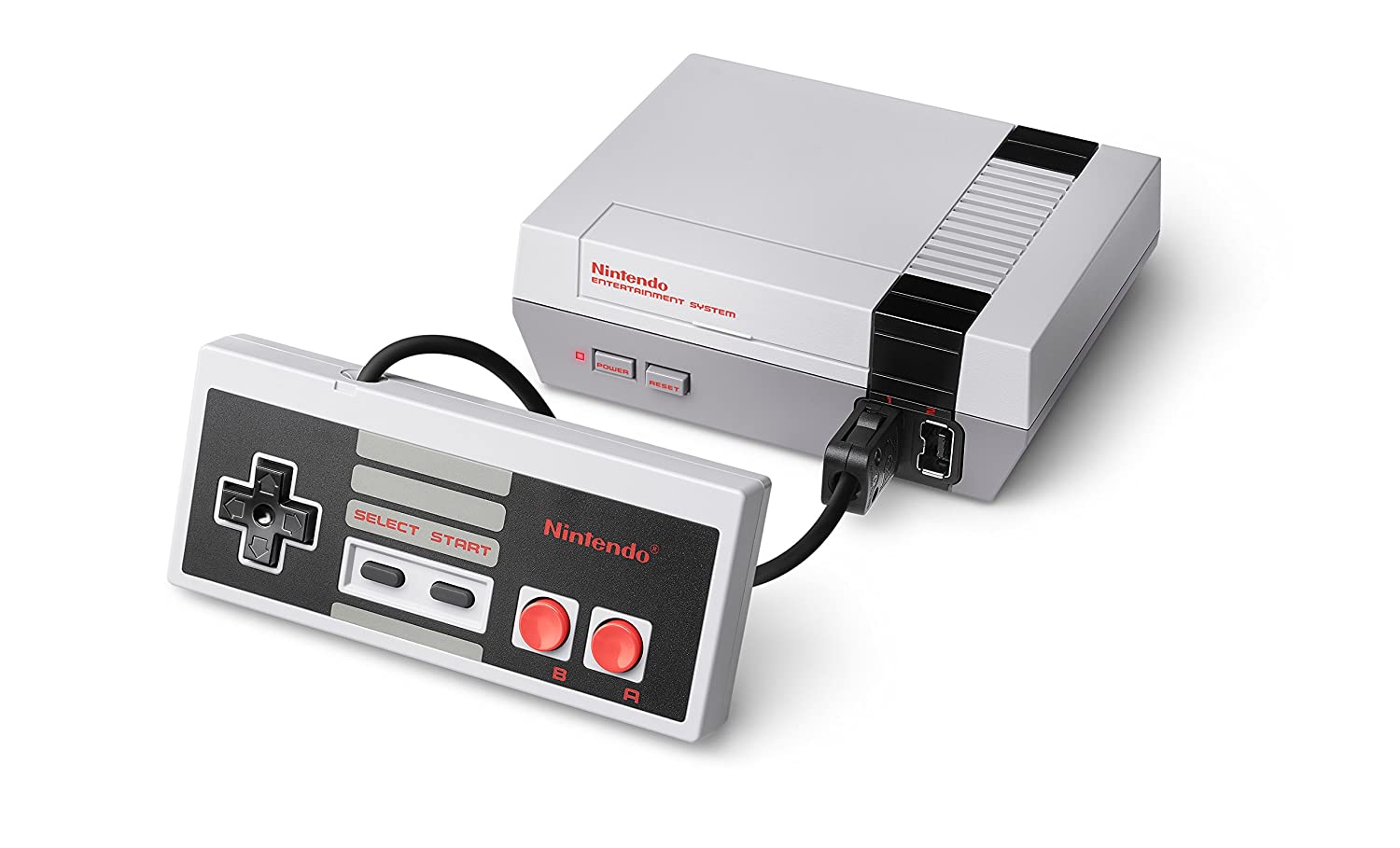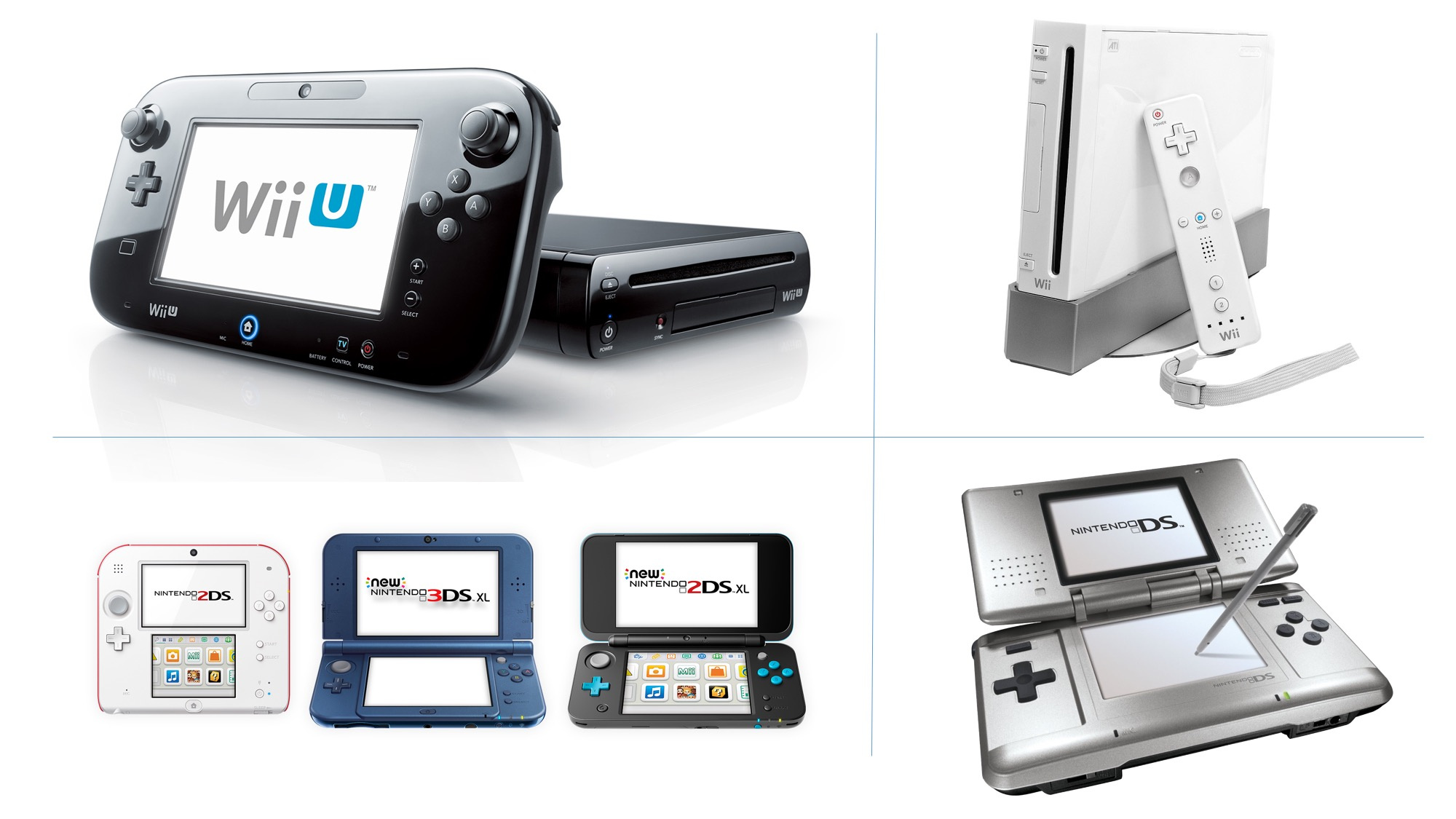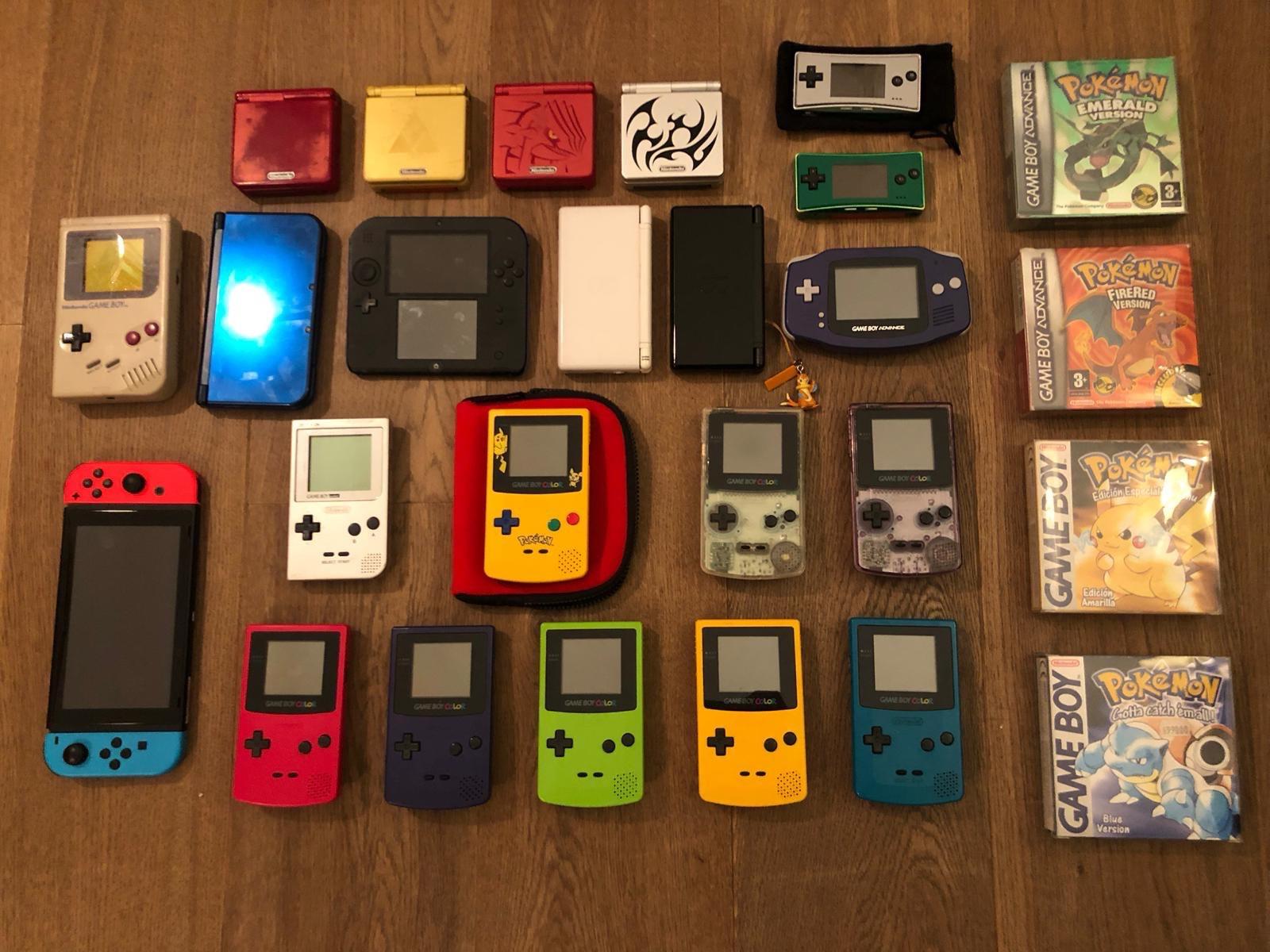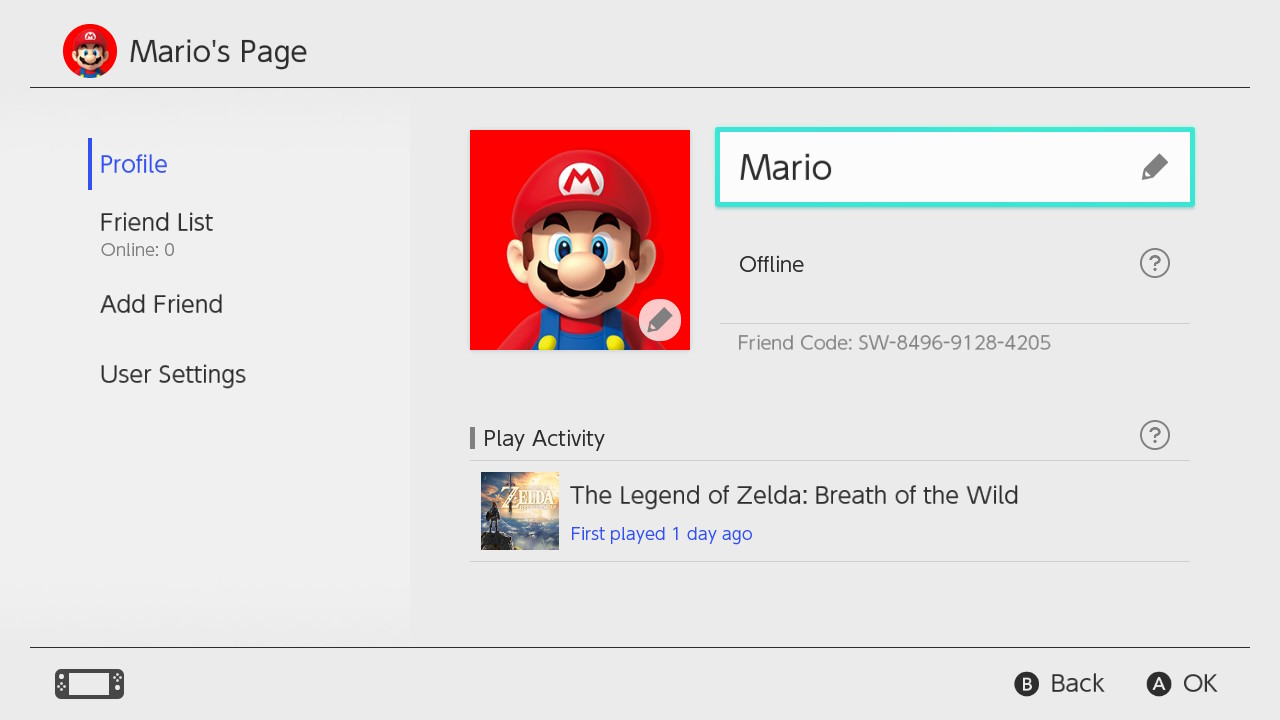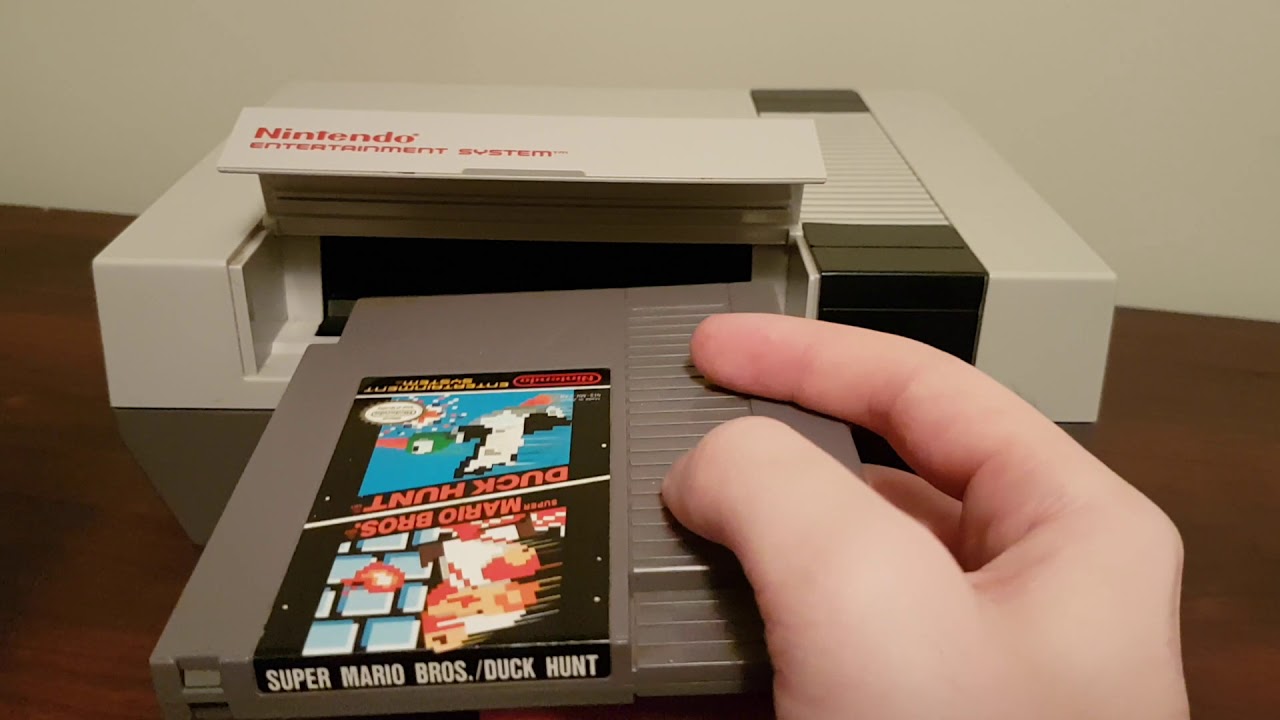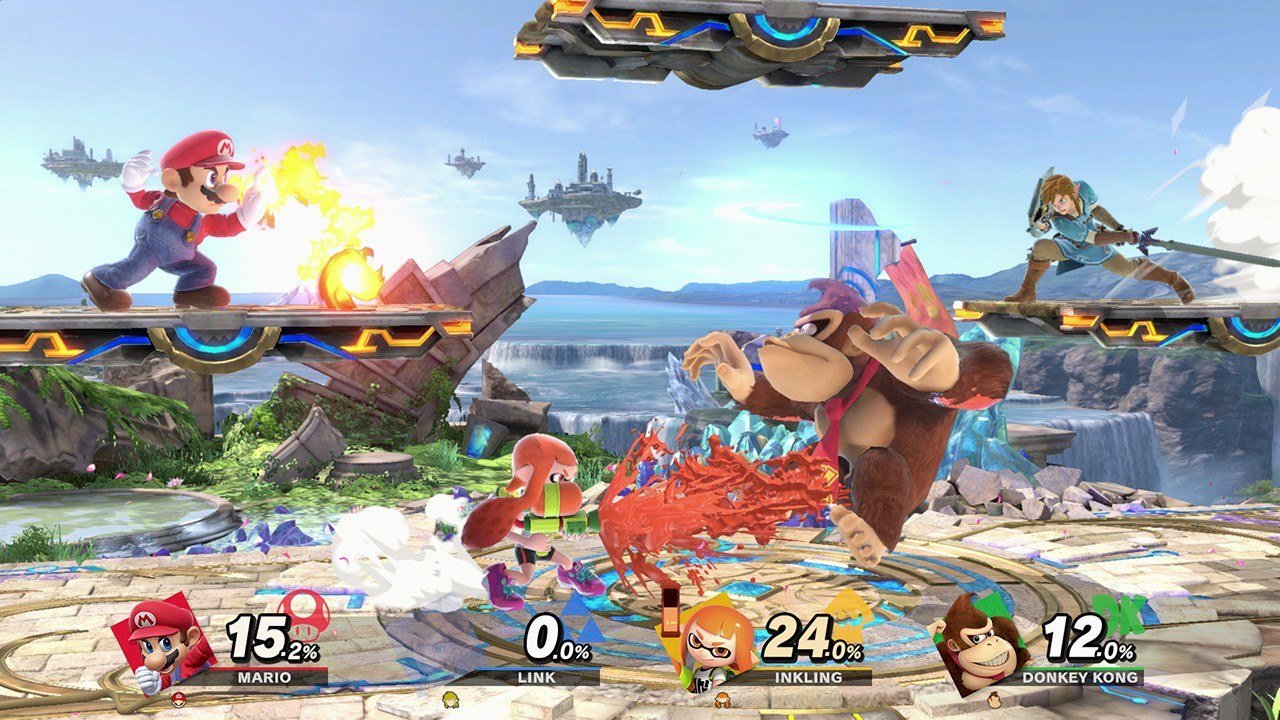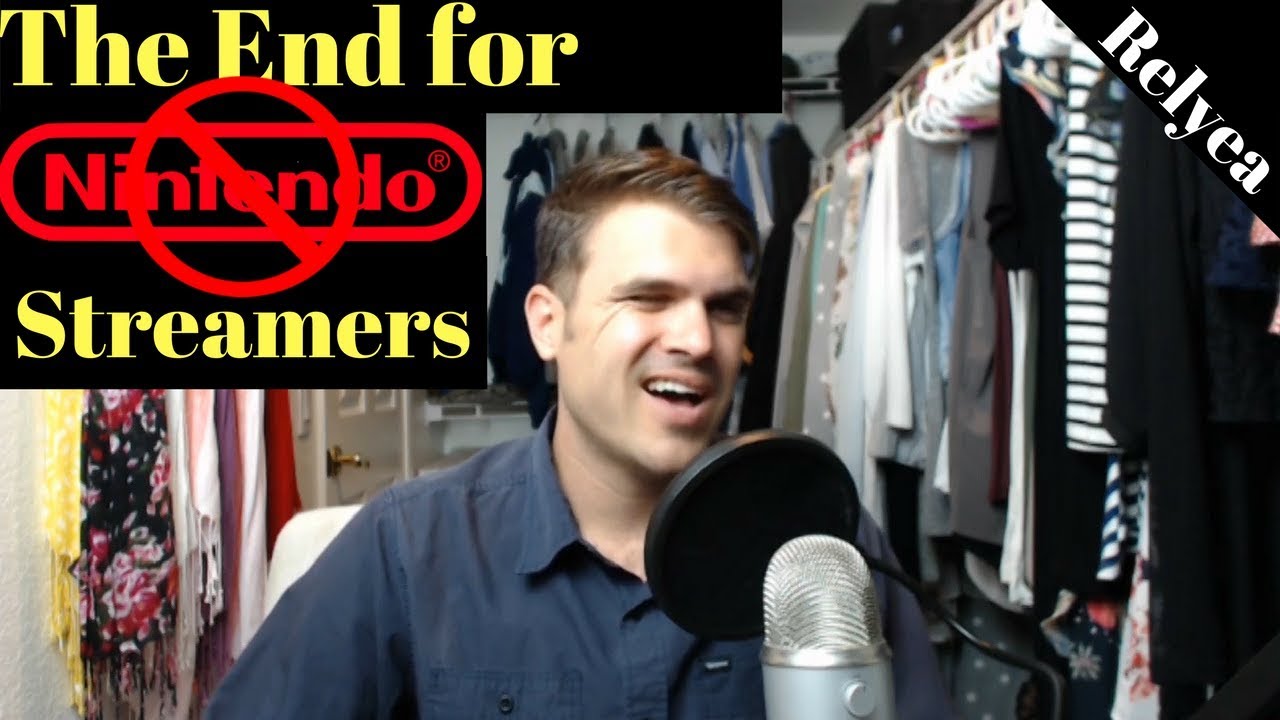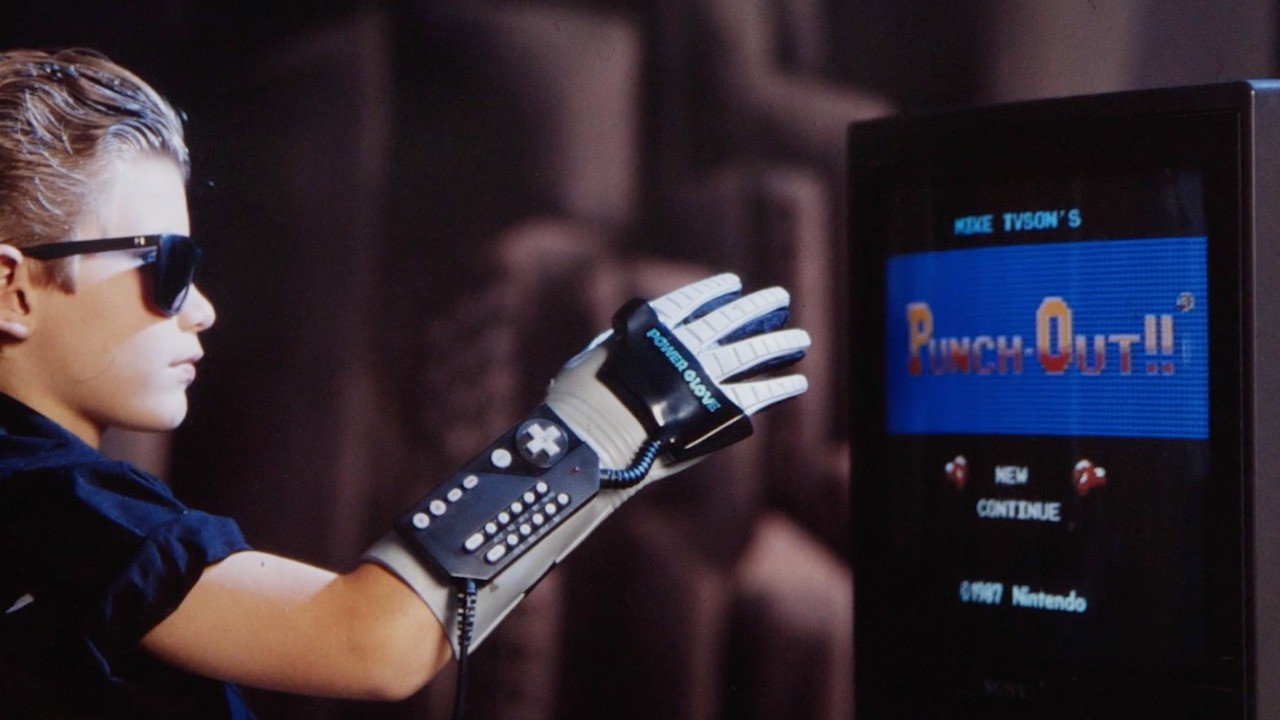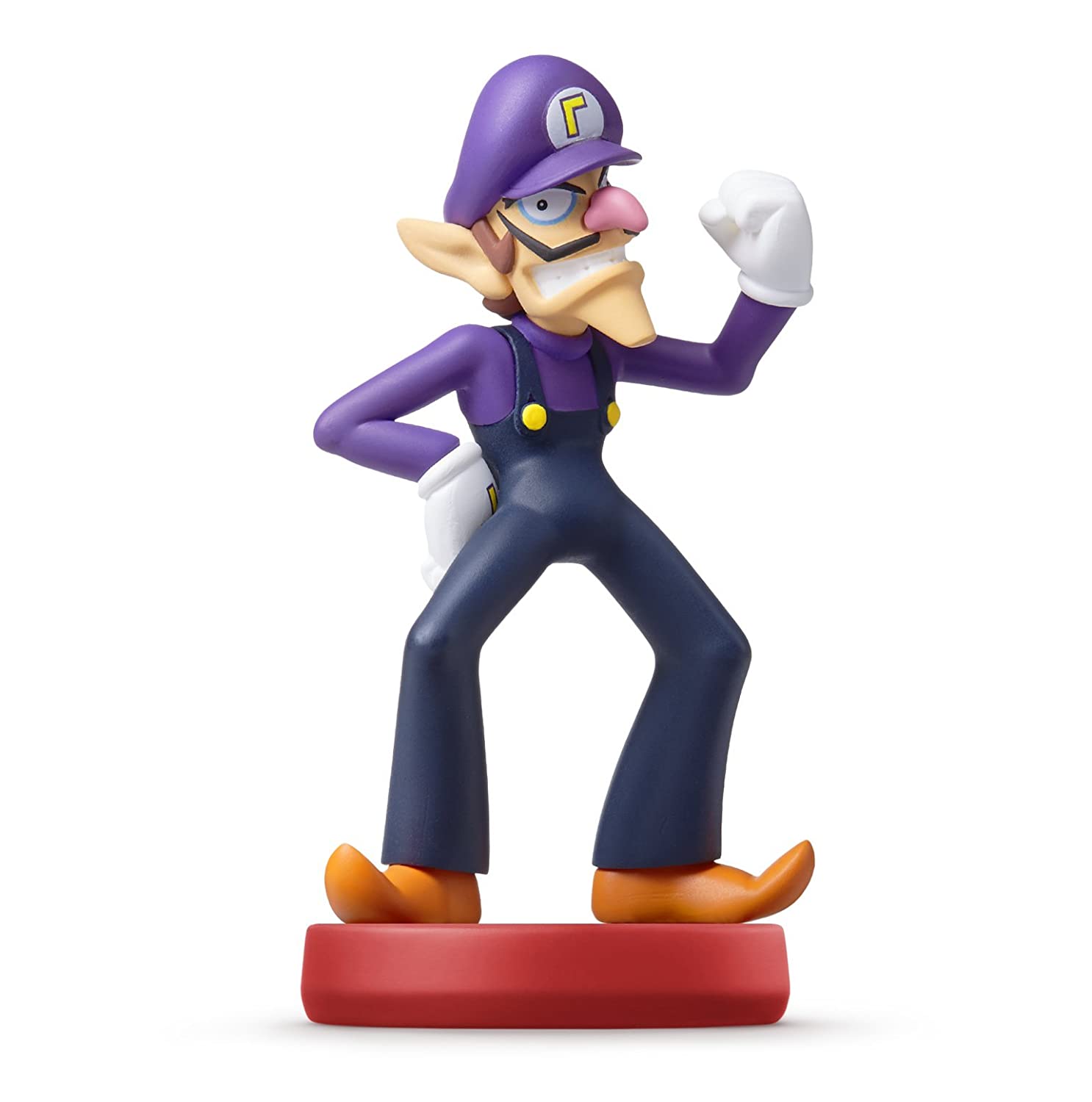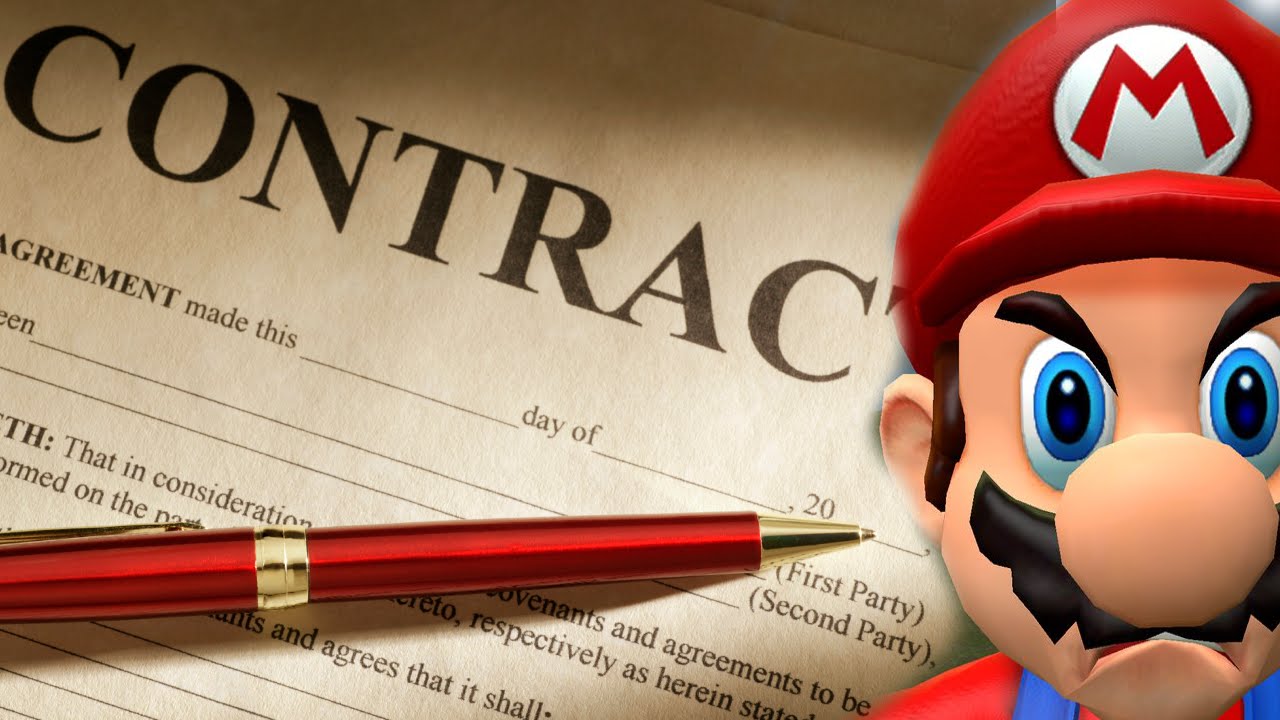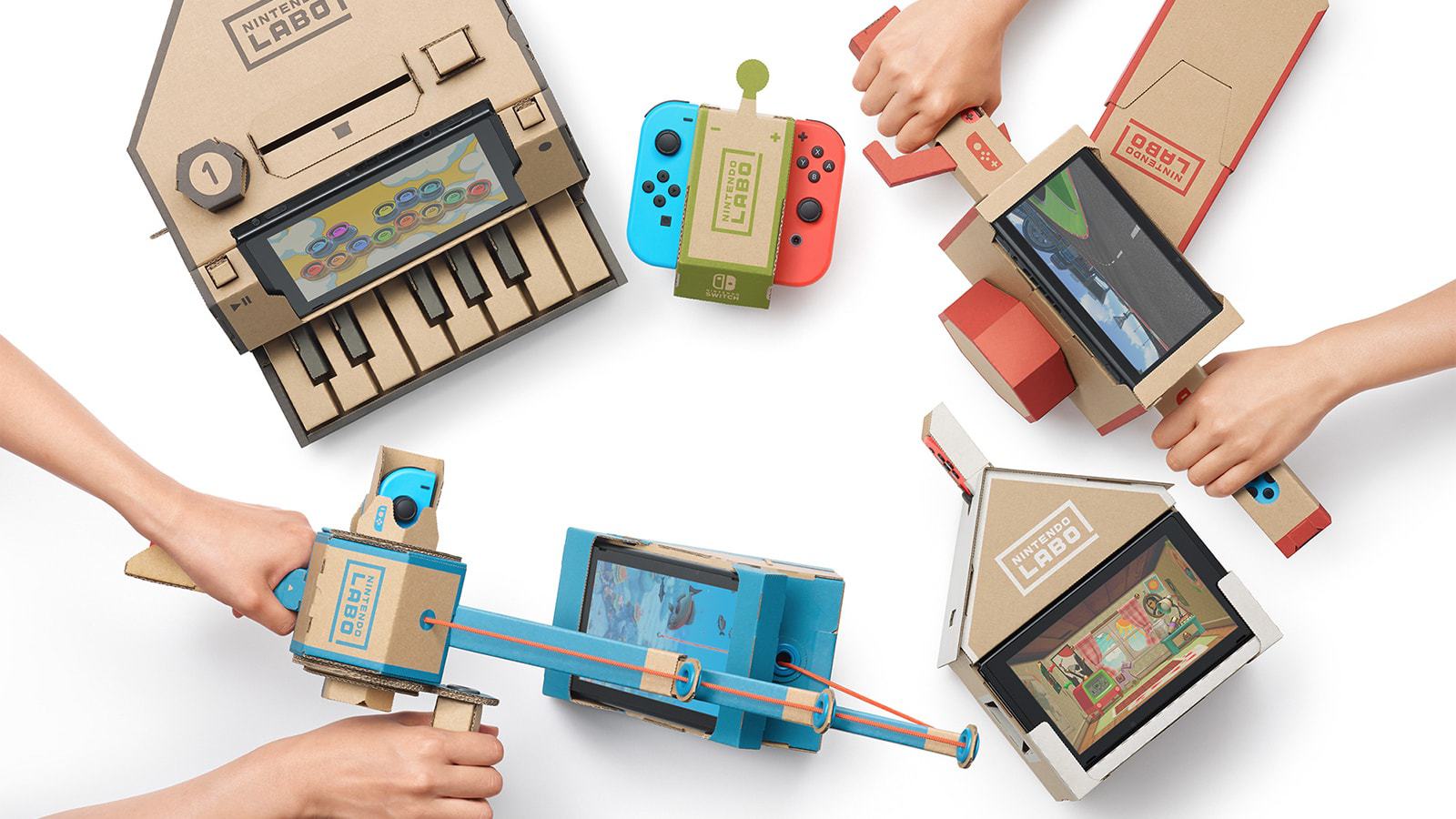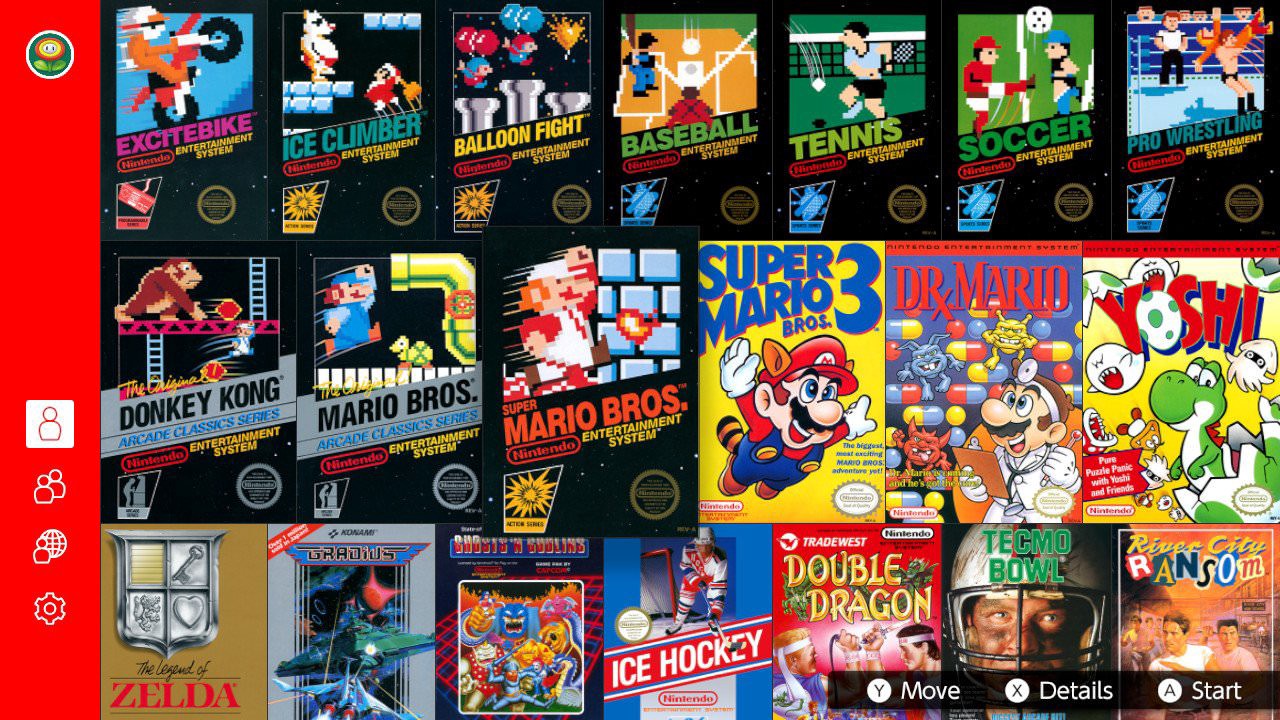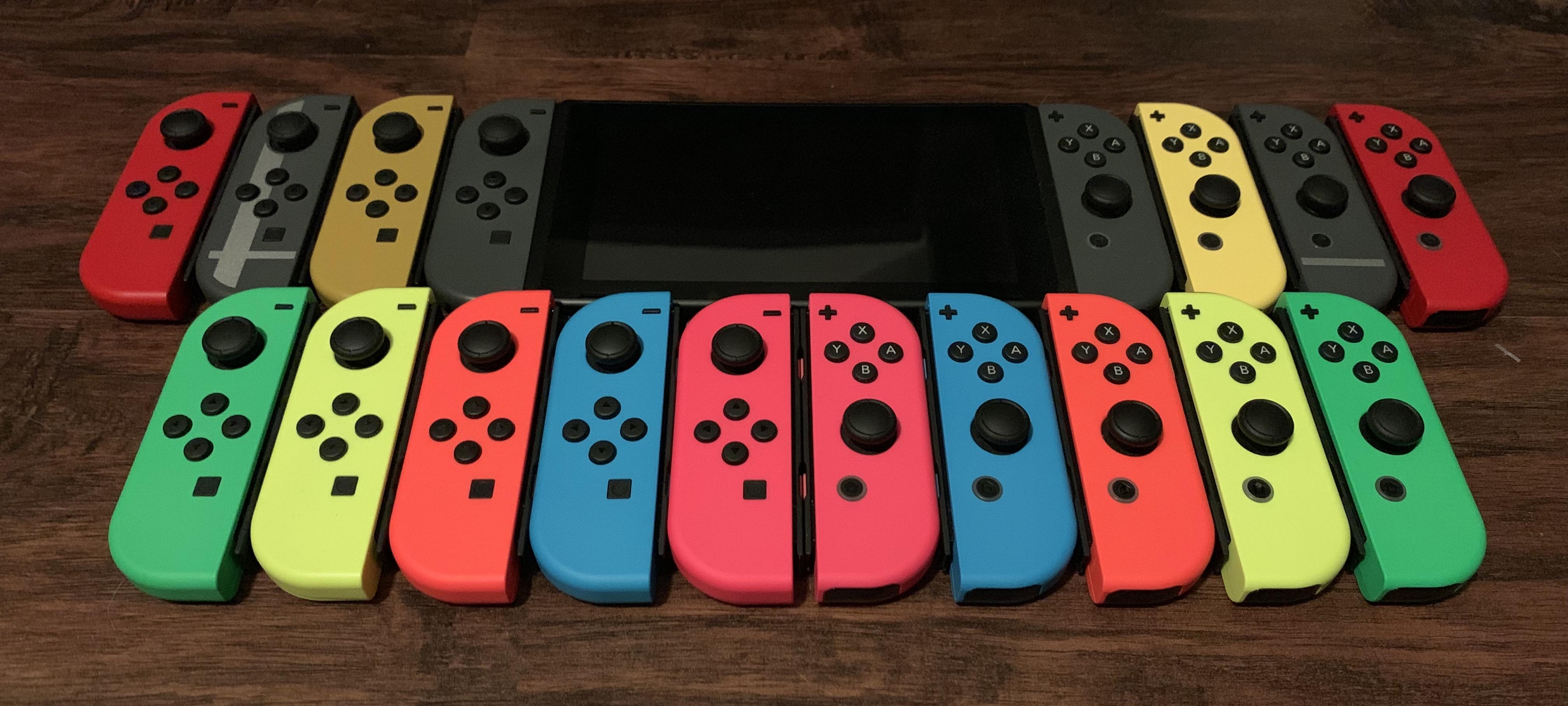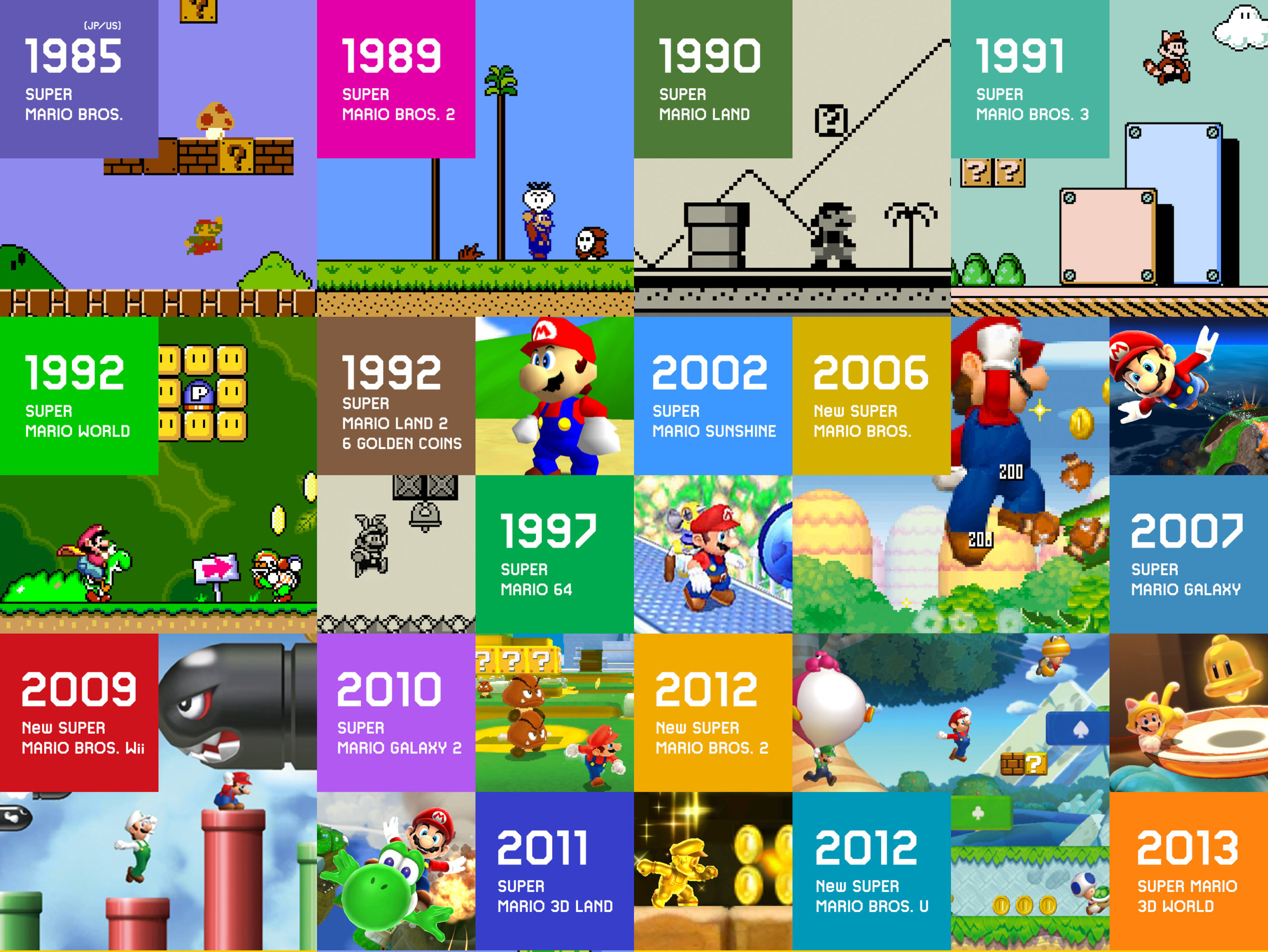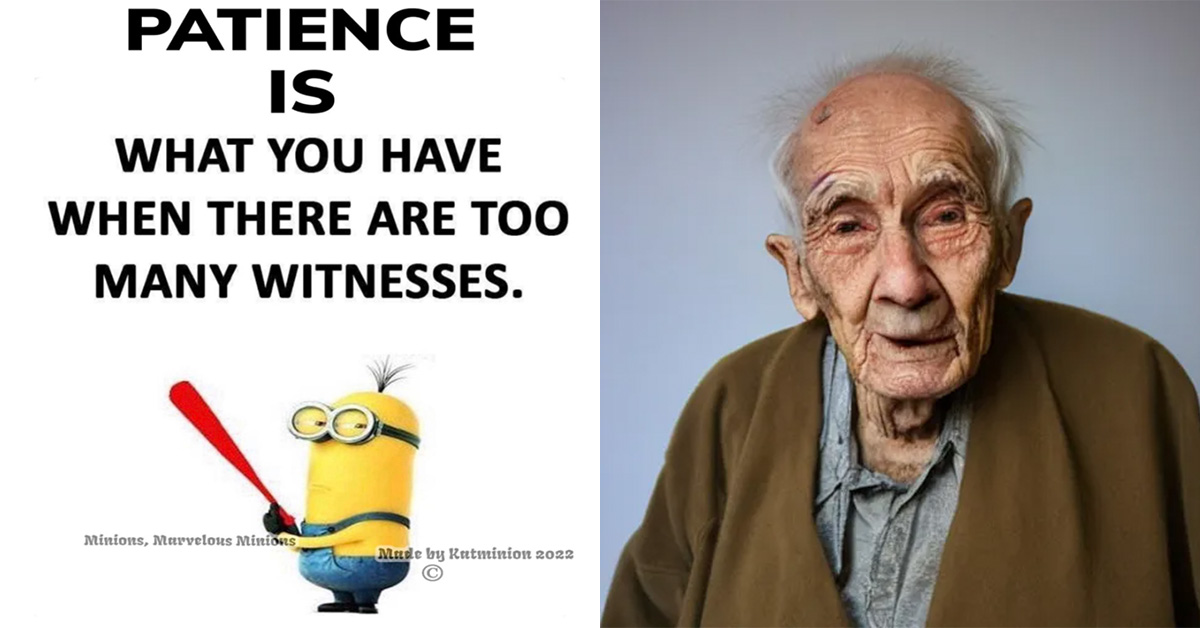15 Gaming Crimes Nintendo Will Never Be Held Accountable For
Nintendo loves to poop on you.
Published 4 years ago in Facepalm
1
Artificial Scarcity For whatever reason, Nintendo loves to introduce artificial scarcity into their products. They discontinue massive hits like the NES Classic, leaving countless fans to pay scalpers extra instead of giving the money directly to Nintendo. If you’ve had to hunt down a discontinued hit game, peripheral, or console in recent years, Nintendo is partially to blame.
2
Confusing Branding Gamers rightfully dunked on Microsoft for the confusion caused by selling an Xbox One X and Xbox Series X at the same time. But this kind of brand confusion goes back to Nintendo, who followed their Nintendo Wii with the Nintendo Wii U. And before that, there were countless versions of the Nintendo DS and 3DS released under similar names, seemingly for the sole purpose of confusing shoppers.
3
Chokehold On the Handheld Industry Modern games may not remember this, but we used to have a robust field of handheld consoles. Sega, Sony, and Atari all had fascinating handheld consoles to help compete against Nintendo. But Nintendo’s domination of the handheld industry killed the competition. Now that the Switch has become the ultimate handheld, we may never see another innovative handheld ever again.
4
Awful Online Experience The Switch is great, but almost everything about the online service is awful. No matter how speedy your home internet is, you can count on Nintendo's titles to run slow and buggy thanks to their ratty peer-to-peer infrastructure. This hasn’t exactly hurt their profits, effectively giving other companies the thumbs up to deliver shoddy online service alongside their AAA titles.
5
Cartridge Fixation Nintendo never really got over their fascination with cartridges. They were still doing it with the N64 when the industry switched to discs, and they returned for the Nintendo Switch. This cartridge fixation makes it harder for third parties to port titles over to Nintendo consoles. And cartridges are also more expensive, which is why it’s tough to ever catch a deal on Nintendo’s more popular games.
7
War on Streamers Streaming is clearly the future of gaming, with popular streamers helping the gaming community discover awesome new titles. But Nintendo spent years performing copyright strikes on anyone posting their game content to Youtube or Twitch. In short, Nintendo saw the future of gaming and did everything in their power to hurt streamers who loved their games.
8
Canceling Fan Events More recently, Nintendo drew criticism for canceling fan events like The Big House's Super Smash Bros. Melee tournament. They claimed it was because the event involved a mod allowing players to play online, but this was the only way to safely run the event in 2020. Once again, Nintendo took some of their biggest fans and spit in their eyes.
9
Focus on Weird Peripherals Through the decades, Nintendo became infamous for releasing bizarre peripherals like the Power Glove. But they kept doing it, and their success led to other companies unleashing monstrous controllers and peripherals on the world. If you’ve ever wondered why the hell a company made an awful peripheral, you can blame Nintendo.
10
Amiibo Madness As collectibles, Amiibos are cute enough. But Nintendo applied the same artificial scarcity to these little guys while also unlocking gameplay bonuses and extra modes behind certain figures. The result is that you couldn’t get the full experience from your $60 game until you forked over $80 to some scalper on eBay for a little doll.
11
The Nintendo Creator Program In response to streamers wanting to feature Nintendo content, the company launched a restrictive “Creator Program” to try to police what people posted. This program eventually faded away, but it represented another attempt by Nintendo to police their fans and ultimately reign their creative content in.
12
Commercializing Creativity Speaking of creativity, Nintendo often finds sneaky ways to commercialize it. The biggest example of this is their failed Labo game, which allowed players to build cardboard contraptions and interact with them. It’s cute, but Nintendo was basically charging a premium price for kids to use their imagination, and even had the gall to sell extra cardboard at a high price.
13
Killing Virtual Console Once upon a time, the Virtual Console was one of the best ways to play classic games. Nintendo replaced it with online apps that give you access to NES and SNES games for a monthly fee. Having access to all those games is great, but killing the virtual console severely limits which games you can play. That makes it harder for anyone to discover certain classic titles.
14
Rushed Tech Those initial Joy-Con tech demonstrations looked like pure magic. However, buyers soon noticed issues with controller “drift,” and it took Nintendo a long time to acknowledge this mistake. It eventually even led to a lawsuit alleging that the Big N was engaging in planned obsolescence in an attempt to force you to buy replacement controllers.
15
Same Old, Same Old The video game industry is like the movie industry: it’s tough to find stuff that isn’t a sequel, prequel, or spin-off. One reason for this is Nintendo building its brand on recycled ideas Fans buy new Nintendo consoles primarily to experience the latest Mario or Zelda titles. And while those titles are often great, we can’t deny Nintendo has spent decades relying on the same characters. Moreover, they never hesitate to re-release old titles (like Super Mario 64 and Super Mario Sunshine on the Switch) rather than actually innovating.

